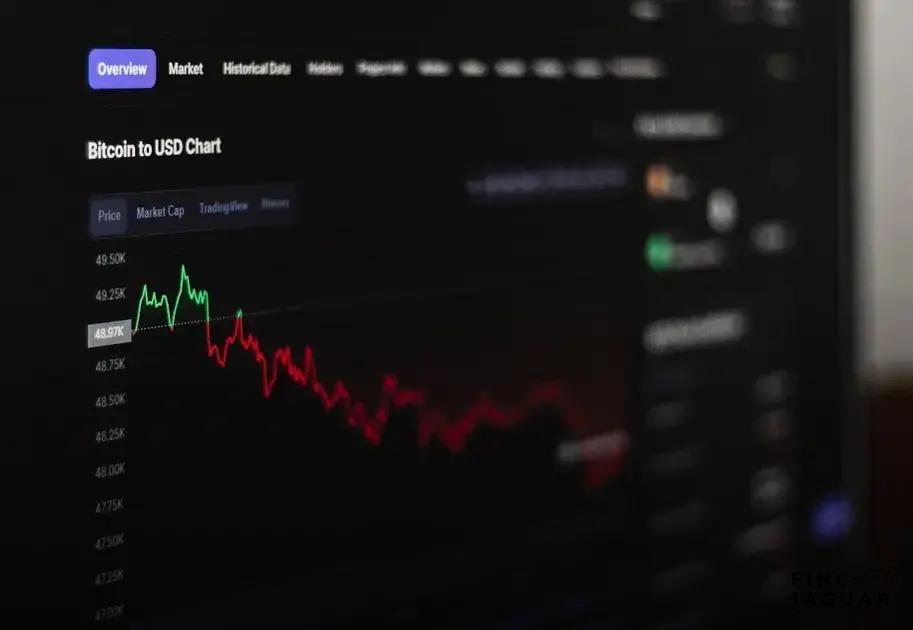Investing in foreign markets can open up a world of opportunities for a U.S. investor. Understanding international markets, foreign exchanges, and diverse strategies are crucial for success. This guide will help you navigate the complex world of international investing and provide insights into diversifying your portfolio effectively.
Benefits of Investing in International Markets
Investing in international markets offers a wealth of opportunities that can enhance a portfolio’s performance.
One major benefit is the potential for higher returns. Foreign markets, especially emerging ones, might grow at a faster pace than domestic markets, presenting lucrative prospects for investors. By investing globally, you can tap into this growth and potentially increase your returns.
Diversification is another key advantage. When you invest exclusively in your home country, your portfolio is too reliant on that single economy. By branching out into international markets, you spread risk. Different countries have varying economic cycles, and their economies might react differently to global events. This means that poor performance in one region might be offset by gains in another.
Access to unique industries and sectors that are not available domestically is also an advantage. For example, certain technological advancements or mineral resources might be more prominent in some countries, offering investment opportunities that you won’t find at home.
Moreover, investing in international markets enables you to take advantage of currency fluctuations. When the U.S. dollar is weak, your foreign investments might benefit simply due to exchange rate differences.
Lastly, international investing can also promote greater understanding and awareness of global events and trends, leading to better investment decisions.
Understanding Foreign Exchanges and Currencies

The intricate world of foreign exchanges can seem daunting, but grasping the basics is crucial for any U.S. investor looking to explore international markets. At its core, foreign exchange, or Forex, deals with the conversion of one currency into another and the rates at which these exchanges occur. Understanding these dynamics can significantly impact the return on investments made in overseas assets.
Currency values fluctuate based on numerous factors, such as economic indicators, political stability, and market speculation. As an investor, it’s crucial to stay updated with global news and financial reports to anticipate currency shifts. Exchange rates can increase or decrease the value of your foreign investments. A strong dollar, for example, might decrease the value of foreign returns when converted back to USD, while a weaker dollar might enhance it.
Forex markets operate 24 hours a day, reflecting the global nature of currency trading. This provides investors with ample opportunities to trade and take advantage of shifting currency values. However, it also demands vigilance and a keen understanding of market trends. It’s not uncommon for significant currency movements to occur overnight due to geopolitical events or major economic announcements.
When investing internationally, the choice of currency can also affect your portfolio’s risk level. Developed market currencies, like the Euro or Yen, tend to be more stable compared to emerging market currencies, which can be more volatile. By diversifying across different currencies and geographies, you can mitigate some risks associated with currency fluctuations.
One practical approach is to use currency-hedged investment vehicles. These instruments aim to minimize the impact of currency movements, allowing you to focus on the performance of the underlying assets. Currency ETFs and mutual funds that focus on specific regions or markets can also provide exposure while managing currency risks effectively.
In conclusion, being knowledgeable about foreign exchanges and their impact on investments is a vital component of international investing. Stay informed, be adaptable, and always consider the broader economic landscape when venturing into foreign markets.
Key Strategies for International Investing
When looking into investing beyond domestic borders, it is essential to understand a few strategies that could enhance your international investment experience. One effective approach is researching emerging markets, where economies are growing swiftly and offer potentially high returns. Pay attention to demographic trends, political stability, and economic policies in these regions, as they can greatly affect investment outcomes.
Another vital strategy is leveraging international mutual funds. These funds provide broad exposure to foreign stocks and bonds, aiding in diversification and sometimes offering exposure to markets that can be difficult to invest in directly. Look for funds with low expense ratios and seasoned fund managers to maximize potential returns.
Considering exchange-traded funds (ETFs) is another solid strategy. They typically have lower expense ratios than mutual funds and offer flexibility, trading much like a stock on an exchange. Choose ETFs that track international indexes or sector-specific indexes which align with your investment objectives.
Stay informed about the impact of geopolitical events and economic cycles on international investments. Political changes, trade relations, and global economic trends can directly influence market conditions. Having a keen understanding of these factors will help in anticipating shifts and making informed investment decisions.
Finally, it’s crucial to consult with a financial advisor who specializes in international markets. They can provide insights into regulatory requirements and tax implications that vary from country to country, ensuring that your investments are compliant and optimized for the best outcomes.
Diversifying Your Portfolio Across Borders

Diversifying your portfolio by investing in foreign markets can offer unique opportunities and benefits for investors looking to minimize risks and maximize returns. By allocating assets internationally, you can access growth potential in regions that are expanding faster than the domestic market. This approach can reduce volatility because different markets often experience booms and busts at different times.
Geographic diversification can shield your investments from local economic downturns and allow you to tap into new industries and technologies that might not be as prevalent in the U.S. Additionally, investing across borders exposes you to currency fluctuations, which, while adding to the risk, can also enhance returns when managed properly.
Different international markets may come with their own set of rules and regulations, requiring an informed approach. As a U.S. investor, it’s crucial to understand the legal and tax implications of foreign investments. Partnering with experienced financial advisors who specialize in international markets can be beneficial in navigating this complex landscape.
Investing internationally can be achieved through various instruments such as international mutual funds, exchange-traded funds (ETFs), and buying foreign stocks directly. Each option carries its own set of pros and cons, and careful selection is key to aligning with your overall investment goals.





